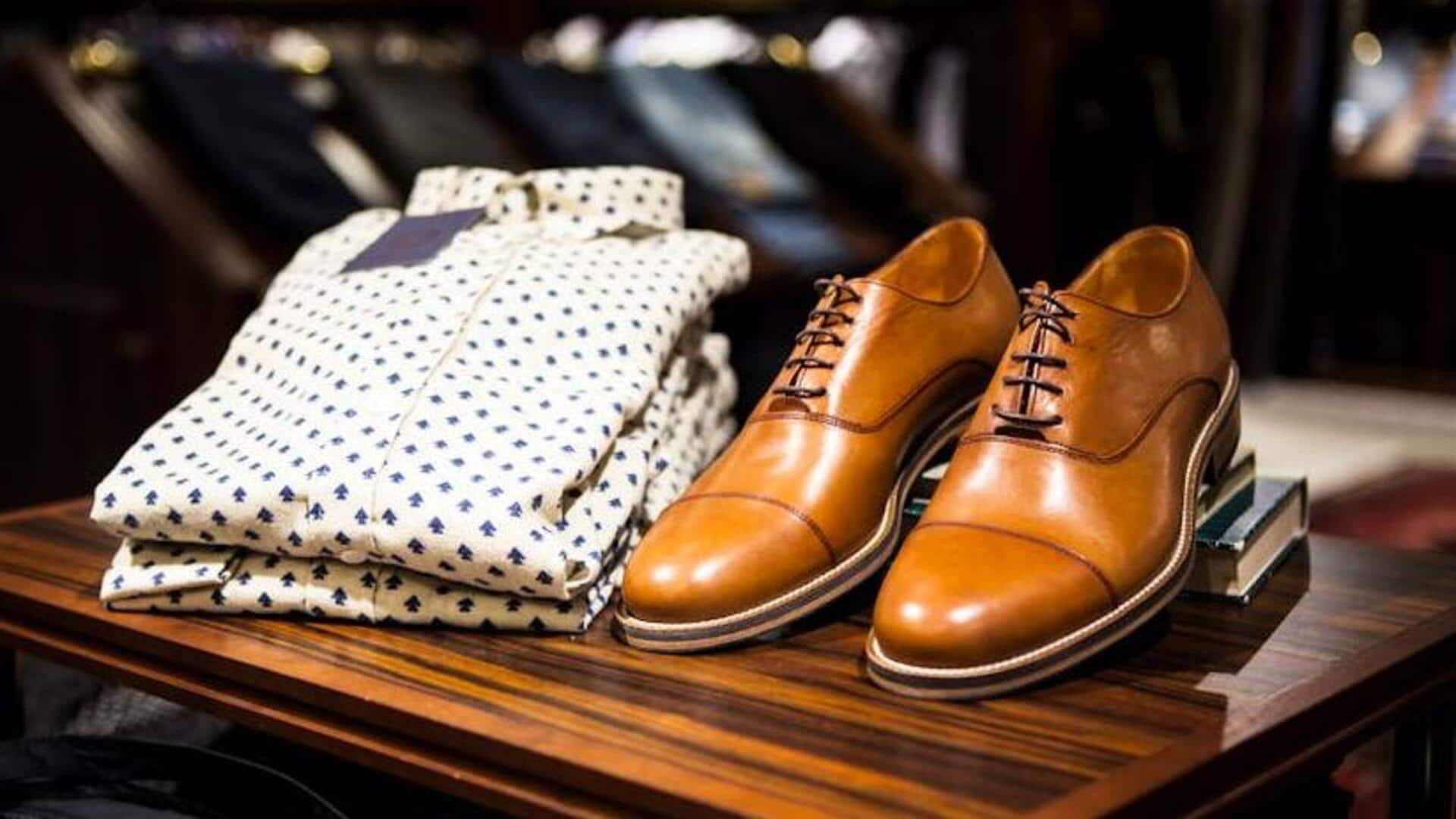
How to embrace vegan fashion: A guide
What's the story
The fashion industry is witnessing a significant shift toward sustainability and ethical practices, with vegan fashion at the forefront.
This movement is not just about avoiding animal products but also about embracing plant-based alternatives that are kinder to our planet.
This article explores the world of vegan fashion, highlighting key materials, their benefits, and practical tips for incorporating them into your wardrobe.
Background
Understanding vegan fashion
Vegan fashion refers to clothing and accessories made without animal products. Traditional materials like leather, wool, silk, and fur are replaced with plant-based or synthetic alternatives.
The rise of vegan fashion is driven by growing awareness of animal welfare issues and the environmental impact of traditional materials.
It's part of a broader movement toward more sustainable and ethical consumer choices.
Key concept
Plant-based alternatives to know
The vegan fashion scene is vibrant with materials like Pinatex, crafted from pineapple leaf fibers, offering a robust, eco-friendly leather alternative.
Mushroom leather (Mylo) and apple leather also present sustainable choices with reduced environmental impacts.
For silk enthusiasts, Tencel, derived from wood pulp, provides a luxurious touch without silkworm harm.
These innovations not only prevent animal exploitation but support sustainable agriculture practices.
Practical advice 1
How to incorporate vegan fashion into your wardrobe
Start by assessing your current wardrobe and identifying items that could be replaced with vegan alternatives when they wear out.
Look for brands that prioritize sustainability in their production processes as well as their materials.
Reading labels carefully can help you make informed choices; look for certifications like PETA-approved vegan or OEKO-TEX Standard 100 which ensures textiles are free from harmful substances.
Practical advice 2
Making sustainable choices everyday
Embracing vegan fashion means more than just buying new items; it involves adopting a conscious lifestyle.
Repairing or upcycling nonvegan pieces reduces waste and extends their life.
When purchasing new, prioritize quality over quantity for wardrobe longevity.
This approach supports ethical dressing, positively impacting animal welfare and the environment by choosing plant-based alternatives and sustainable brands.